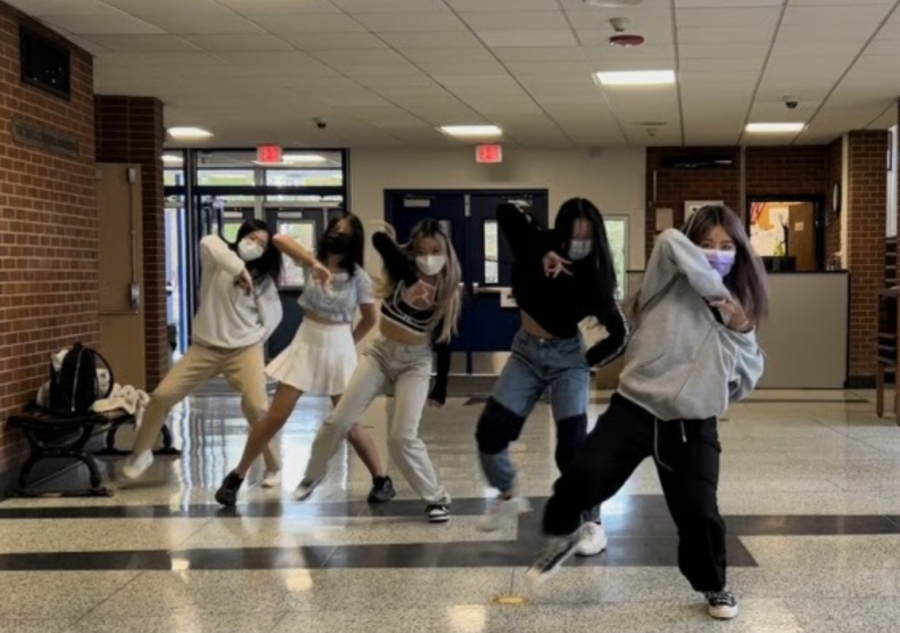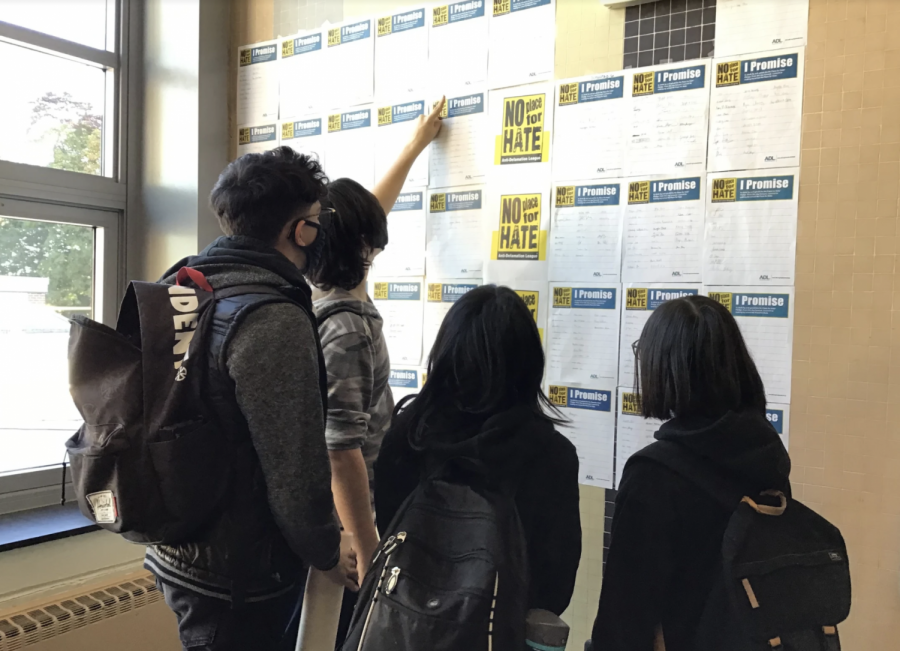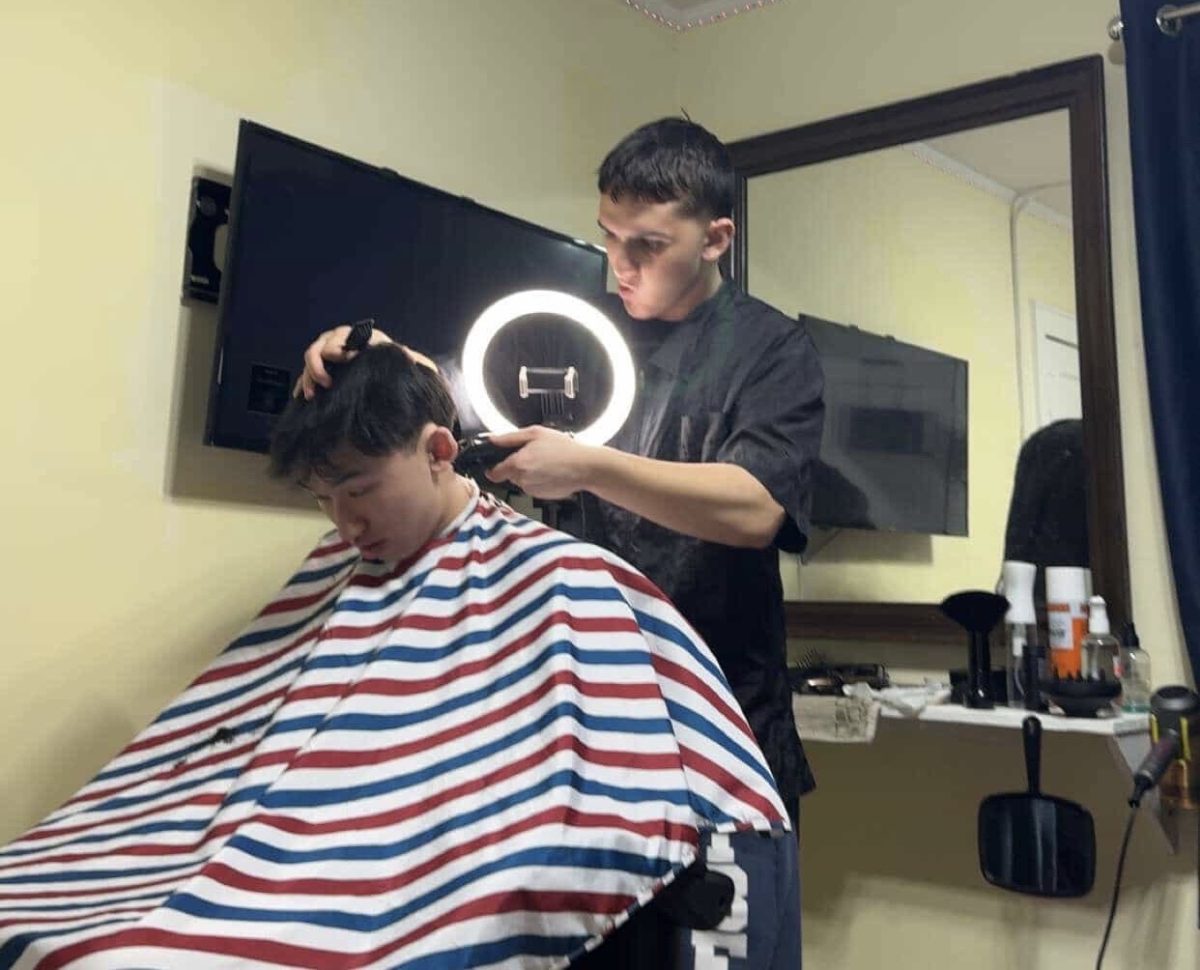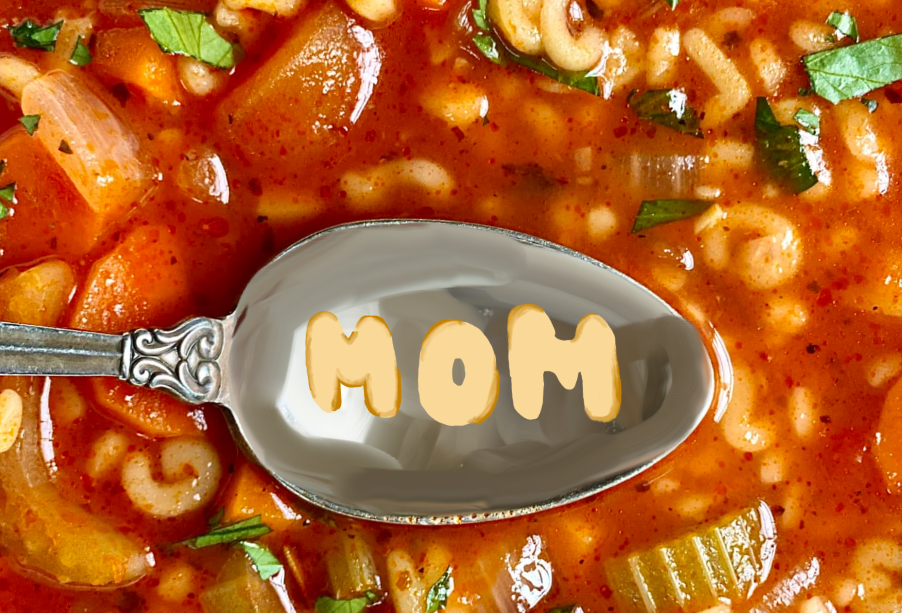
By Casey Choung
At the first meeting of the chess club, things started out slowly. A handful of students entered at the start, and a few more trickled in as the meeting went on. Most students had their cameras off, and club advisor Ms. White smiled back at the two people who did not. The meeting kicked off with an acknowledgement of the circumstances and slowly moved into a discussion about how to work around them. Ms. White would ask a question, followed by silence, and then an awkward response. Who would be the club leader? How would they hold chess matches? How frequently would they play? When would be a good time to meet? When the meeting came to a close, it had felt like a lot was accomplished: these questions had been answered, and future plans were solidified. Chess club’s first meeting is one example of how clubs are regrouping at South.
The first hurdle for all clubs was recruitment. Typically, new members explore possible clubs and sign up at the fall club fair—which didn’t happen this year. Ms. Callaghan and Ms. Forie, advisors for student government, came up with a solution: the virtual club fair. Usually students flood into the gym where clubs fight over potential candidates to join their ranks. Tightly packing students into a space is not an option with the pandemic, but Ms. Forie still wanted to start the year with a club fair. Thus, a virtual club fair via slideshow was born. “I think this [club fair] setup is the most user friendly. Students can put all their information on one slide and it would all be in one place for everyone to access,” Ms. Forie said.
Almost all clubs face a similar problem of having to cancel events or hold them on Zoom. Student government was able to hold elections fairly easily, but they still have to figure out how to navigate meetings throughout the year. According to Ms. Callaghan, “There are so many things that student government does, all of the meetings they attend, like the Board of Ed, like Shared Decision Making, all that has been virtual so it has taken on a different kind of feel. One of the big events [that we plan] is Rebel War. Now, who knows if that can happen?”
Community outreach clubs have this same problem, but amplified. Their work is based entirely in hands-on service, something that is much more difficult when physically meeting others is not acceptable. Key Club, as one example, usually organizes the school blood drives, serves food at the Ronald McDonald House, holds fundraisers for UNICEF, and gathers Christmas boxes for children in need. The pandemic forced them to throw these plans out the window. The challenge for them is going to be interacting with the community while abiding by social distancing guidelines. According to the club’s advisor, Mrs. Patricia McLaughlin, they still plan on hosting their blood drives, but in a different form. “Instead of the nurses and doctors coming to the school to get blood from students, the students are going to recruit donors, by phone or by poster, to go in and donate blood.” Key Club held its first “virtual blood drive” in October.
Clubs that center around inter-school competitions have to devise ways around in-person events. Many competitions have either been cancelled or moved to a virtual setting. DECA has already begun holding meetings and registering members for events, and they are on track for their competitive season. Members are now planning and creating materials for the regional competition, and then the state competition in February, involving a week-long stay in Rochester. However, with the uncertainty of when the pandemic will end, there is one key distinction: their competitions will be held virtually. Instead of going to some venue and doing a presentation in front of a judge, role plays will be pre-recorded and reviewed by a judge later on. According to senior Kyra Au, president of DECA, DECA’s main focus going into this year will be getting all of their members up to speed with the new type of competition. In Au’s words, “Instead of presenting to a judge, now you’re presenting to a screen. So, we’re trying to go with a ‘business as usual’ motto, and get everyone acclimated.” Additionally, without the physical presence of a judge, DECA hopes to emphasize public speaking skills when training new members.
All clubs have had to drastically change the typical programs they use to navigate through the year. Nonetheless, with the advent of new technology in light of the pandemic, the options for what can be done are only limited by one’s imagination. Clubs have the opportunity to improve and innovate their old ways and come out of this year having learned much more.
Clubbing the Pandemic over the Head
December 7, 2020
0
More to Discover






